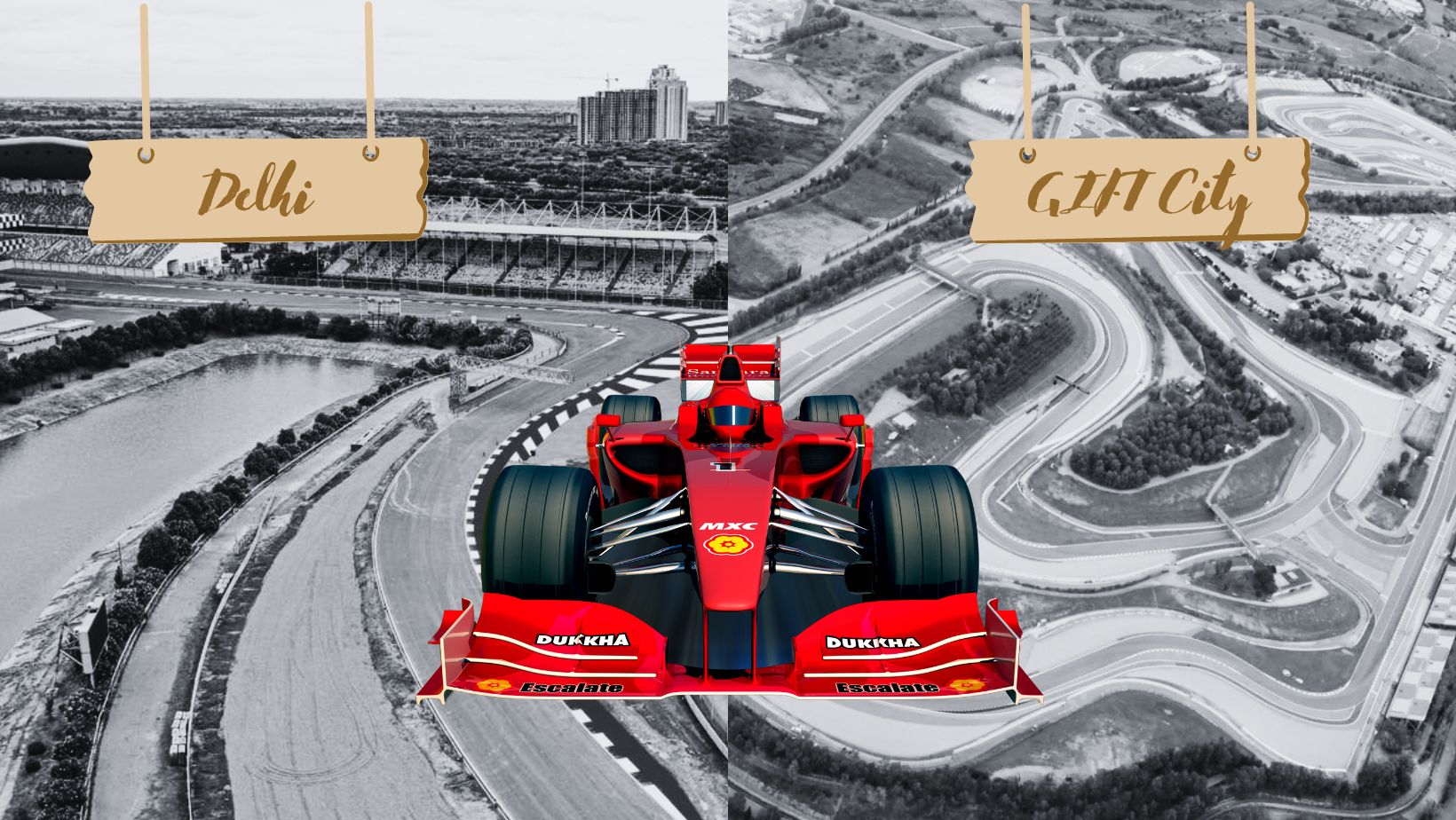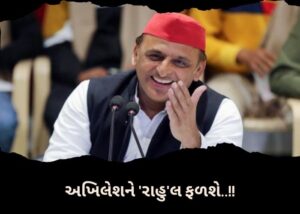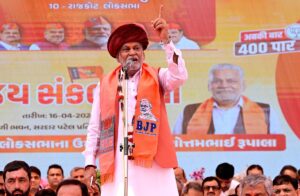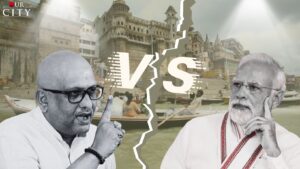The alluring spectacle of Formula 1 racing may soon grace Indian soil once again, this time in the burgeoning state of Gujarat. Plans for a dedicated F1 track in GIFT City have ignited enthusiasm, yet India’s motorsport past casts a long shadow. The ill-fated demise of the Indian Grand Prix at Delhi’s Buddh International Circuit serves as a cautionary tale, prompting the crucial question: has India learned from its previous missteps?
The Delhi Grand Prix’s trajectory from high hopes to abrupt cancellation was paved with several obstacles. Entangled in a web of exorbitant entertainment taxes, bureaucratic hurdles, and a fundamental disconnect between event organizers and the then-Uttar Pradesh government, the Grand Prix ultimately succumbed to financial strain. Chief Minister Akhilesh Yadav‘s classification of F1 as mere entertainment, rather than a legitimate sport, proved detrimental, leading to the imposition of crippling taxes.
However, a decade has passed, and the motorsport landscape in India has undergone a significant transformation. The burgeoning popularity of the sport is evident in the successful debut of Formula E in Hyderabad, showcasing a shift in public perception. Furthermore, the current Uttar Pradesh government, under Chief Minister Yogi Adityanath, has demonstrated a more welcoming attitude towards motorsport, recently embracing MotoGP with open arms. These developments suggest a potentially fertile ground for Gujarat’s F1 aspirations.
Despite the encouraging signs, navigating the path to success will require careful consideration. The Gujarat track currently remains in the preliminary feasibility stage, devoid of a concrete budget or timeline. Additionally, the recent cancellation of the Hyderabad E-Prix due to political turmoil serves as a sobering reminder of the potential pitfalls associated with such ventures.
Drawing valuable lessons from Delhi’s experience is paramount. Establishing clear and predictable tax policies, streamlining bureaucratic processes, and fostering a collaborative spirit between the government and organizers are critical steps toward ensuring the track’s long-term viability. Furthermore, a thorough cost-benefit analysis is crucial. Could revitalizing the existing Buddh International Circuit, equipped with the necessary infrastructure and steeped in racing history, prove a more cost-effective and efficient option? Alternatively, does the strategic location of GIFT City, nestled within a burgeoning business district, offer unique economic and reputational advantages that outweigh the challenges of building anew?
Ultimately, the success of Gujarat’s F1 endeavor hinges on a well-defined plan, unwavering commitment, and a clear articulation of its intended benefits. By learning from past missteps, prioritizing fiscal prudence, and fostering a supportive environment, India can pave the way for a sustainable and vibrant motorsport future, one that transcends the checkered flag of a single race and propels the nation towards a broader global motorsport stage.
















